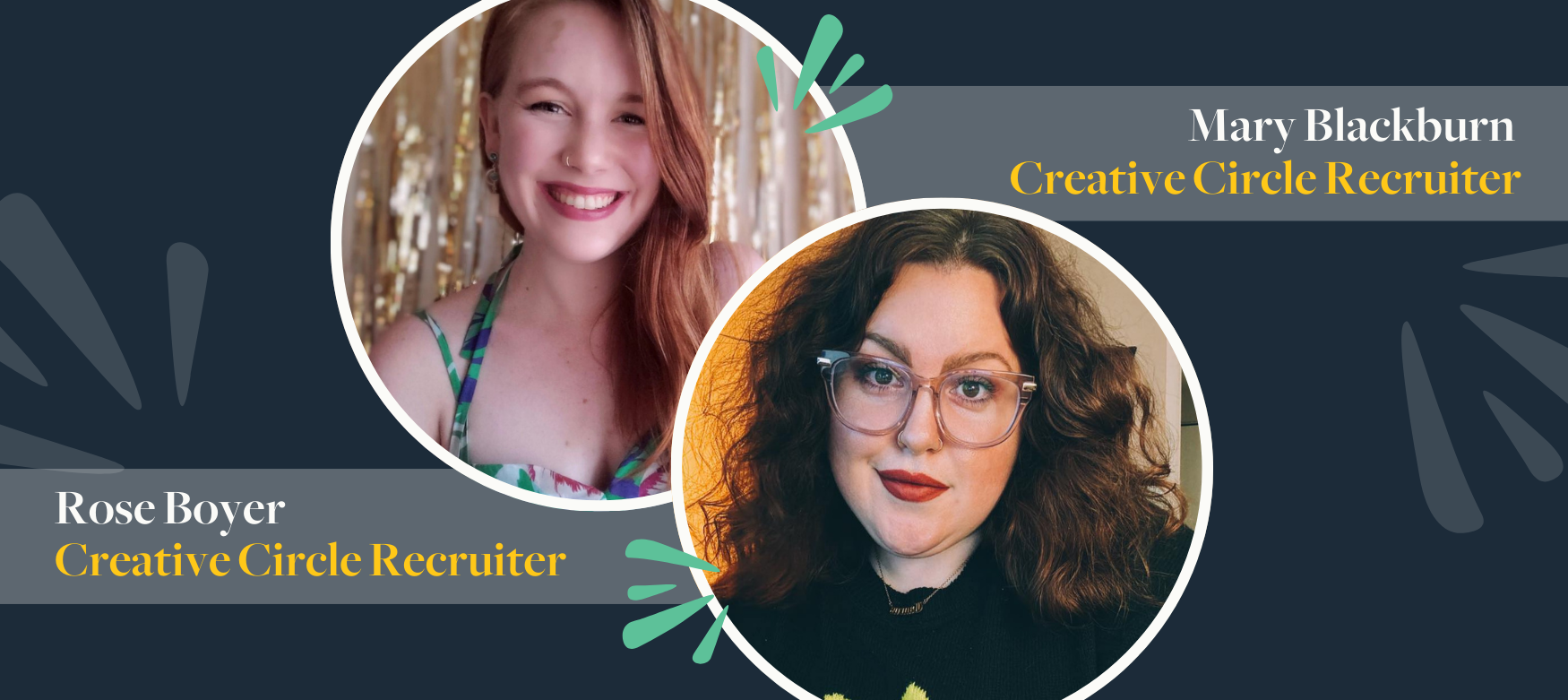There is no way to sugarcoat it: The job search can be a painful, soul-sucking, ego-bruising endeavor. And that’s on top of the stress of either having a job that isn’t right for you, or not having a job at all.
Full disclosure: I just lost my regular, full-time gig. One of my recent shop’s clients pulled way back on business, and there were just too many creatives and not enough work. This was my third layoff in the last 2½ years! That’s just some #agencylife realness for you. So anyway, you can believe me when I say I’ve got the job search thing down to a science.
When I have to start a new job search (such as I am doing today), I like to gamify it, or take a game-like approach to it: breaking it down into challenges with quantifiable actions, trying to hit certain targets, and then rewarding myself when I do. Below are some ways I’ve approached my own job searches, and some of the tips I use to get potential employers to respond to me.
Break your search into manageable, quantifiable goals
Getting a new job is hard, but if you break it down into small key steps, it’s not such a big deal. For example, the steps in your job search might be researching potential companies, making new connections on LinkedIn, reaching out to former co-workers, and applying to job postings. Figure out each step that goes into your job search, and then give yourself a numerical goal per week. For your particular position, experience level, and industry, there may only be a handful of jobs on the boards for you to apply to, but that just means you should think about assigning yourself more companies to research.
Another benefit of thinking about your job search this way is that you’ll figure out a system that will help you use your time much more efficiently. I like to set up a specific day and time to complete each task because it’s easier to hold myself accountable. Creating a schedule and sticking to it keeps you engaged, which can help you avoid that free-floating what-am-I-doing-with-my-life angst that can creep up on you when you don’t have a job.
Treat your resume and cover letter project like an SEO game
Unless you have an “in” at a company and have an actual email address to send your resume to, your resume will probably be scanned by a bot or a system that combs your resume looking for keywords that correspond to the skills or experience that company is looking for. So your first challenge is making sure your resume isn’t automatically kicked out. The same way companies use search engine optimization (SEO) to rise to the top of a query on Google, you’re going to rise to the top of a prospective employer’s inbox.
Customize your resume to each posting you apply for, and make sure you have at least 50% of the keywords in the ad woven through your resume at least once (and that includes the job title). If you use a summary section on your resume, consider front-loading many of the keywords. If you do get the resume past the digital gatekeeper, it will probably be reviewed by someone in HR who has about 20 seconds to figure out if you’re a potential candidate, so you’ll need to convince them fast.
Of course, your resume should still read and sound natural, especially if you’re a writer or work in account services. Make sure these communications reflect your personal brand and connect the dots with all the keywords to tell a compelling story of how you can help the employer and what skills you have to do it.
Keep track of where you’ve been
There’s one thing all games have in common: going back and repeating actions you’ve already taken doesn’t advance you to the next level. Repeatedly applying to the same positions won’t earn you any points. Keeping track of your applications on a spreadsheet or other kind of list can help you avoid multiple applications, and being able to see a track record of your efforts will help you feel like you’ve accomplished something. Plus, if you’re filing unemployment claims, having a list with the dates and names of your applications can help you fill out the online forms in just a few minutes.
Challenge achieved: Reward yourself
Finding a job is often the toughest work you’ll ever have. And even though you’re basically spending your time talking up how awesome you are, it still can make you feel awful. Finding a new job is all about persistence, but it’s OK to take a day off here and there. If you’ve completed all your tasks for the week and can’t bring yourself to do another thing, treat yourself to a day off from your job search. Then hit it hard when you get back to it on Monday (or whichever day).
Another benefit to breaking your search down into these quantifiable chunks is that you have a simple feedback loop. If you’re getting a good response rate, then keep doing what you’re doing. If not, you can simply tweak some of the numbers until you’re getting more phone calls and emails. Getting a new job is very much a numbers game, but keep at it, and your hard work is bound to pay off!
Lisa is a Creative Circle candidate and seasoned advertising copywriter who lives in Los Angeles. Her background includes both in-house and agency work on Fortune 500 and global accounts in the consumer and healthcare/pharmaceutical fields. She excels at words, fashion, and cats. If you want to work with Lisa, contact Creative Circle Los Angeles.



